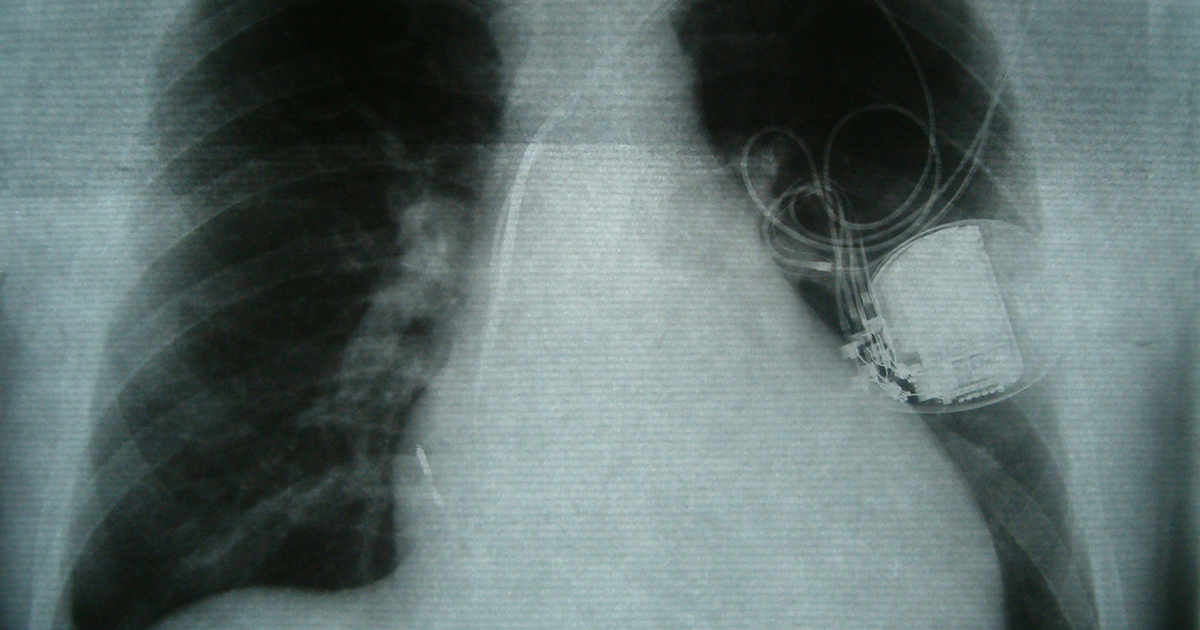How To Treat Heart Failure
Heart failure, which is sometimes referred to as congestive heart failure, is a chronic progressive condition where the heart muscle cannot pump enough blood to meet the needs of the body. Overall, the heart is unable to keep up with its normal workload. The human body depends on the heart’s pumping ability to carry oxygen and blood rich in nutrients to the body cells. When the body cells are nourished properly, the body can then function normally. Heart failure often develops because of other conditions that damage the heart or when the heart has become too stiff (the main pumping chambers of the heart become too stiff and do not fill properly between beats). Start reading now to understand the major ways in which heart failure can be treated.
Medication

Heart failure patients may need several treatments as each one treats different symptoms and comes with its own instructions. Some of these therapies are given depending on the severity of the condition. These include treatments that help reduce chest pains, pressure caused by blockages in the hearts arteries, and provides blood pressure support that helps increase the blood pressure when it’s low. The methods used include vasodilators to aid in widening the blood vessels, antihypertensive medication, diuretics to remove excess water and salt through increased urine production, ACE inhibitors to relax the heart vessels and lower the blood pressure and prevent the patient from having kidney damage related to diabetes. Beta blockers are also used to slow the rate at which the heart is beating and lower blood pressure. Dietary supplements are also used and can either work alone or alongside other therapies to promote the patient's overall health.
Surgery

Surgery is the medical procedure done to rectify heart injuries or disorders by incision or manipulation. In heart failure patients, it is aimed at stopping further damage to the heart and improving the heart’s function. Most patients with heart failure do not require this procedure, and hence it is not used as a common remedy for the condition and is instead treated with medication. It is only pursued when doctors think it will improve a problem with the heart valves or the supply of blood to the heart, and only done if the heart of the patient is strong enough. Mostly, it does not cure heart failures but improves the condition. Surgery done to improve heart failure is a coronary artery bypass graft, which is done to improve blood flow to the heart. A valve replacement is performed to replace certain heart valves. Doctors may also recommend a heart transplant in serious cases. The success or failure of heart surgery depends on the team of experts and the kind of facilities provided by the hospitals. If it is successful, heart surgery can relieve symptoms and prolong the patient's life.
Medical Devices

Most of the medical devices are designed to aid in the control of irregular heartbeats in patients with heart rhythm disorders. There are cardiac electrophysiologists implant devices that either help the hearts electrical system to function properly or measure the heart rhythm. These devices include a pacemaker, implanted under the skin of the chest to produce electrical pulses that keep the heart beating normally and manage the heart rhythm disorders, such as when the heart beats too slowly or beats irregularly. Biventricular pacemakers are implanted if other medications don’t relieve symptoms of heart failure. The other medical device doctors may employ is an implantable cardioverter defibrillator, which helps in shocking the hearts rhythm back to normal for patients with fast irregular heartbeats, called ventricular arrhythmias. The last option is the implantable cardiac loop recorder, which monitors the hearts electrical activity for up to three years before replacement is required.
Heart Transplant

A heart transplant is considered when heart failure is so severe it doesn’t respond to any other therapy, but the overall health of the patient is good. However, there are factors patients as well as their doctor and family should consider to determine if a transplant is the right option. For instance, have all other medication been tried or eliminated? Does the patient have a likelihood of surviving without the transplant? Is the patient’s health good apart from the heart condition? Will the patient be able to adjust to the lifestyle changes that include complex medications and regular examinations needed after a transplant?
If a patient answers no to any of these questions, a transplant may not be the best option. If the patient has other medical problems like infections or is severely obese, they might not be considered as candidates for a heart transplant. Except for having to take prolonged treatments to keep their bodies from rejecting the donated heart, many transplant recipients live normal lives.
Palliative Care

Palliative care is a medical and nursing care designed for patients with life-threatening conditions, such as severe heart failure. It concentrates on easing pain, symptoms, as well as mental and physical stress at any stage of the condition. Palliative care's goal is to improve the quality of life in the broadest sense for patients with life-threatening diseases for as long as possible. It is also aimed at improving the patient's quality of life and reducing the devastating effects on the family and caregivers. In heart failure patients, palliative care may also have an important role irrespective of whether death is imminent. Mental health issues, unfortunately, have been largely overlooked in heart failure patients and may lead to significant psychological distress and depression. Therefore, this kind of care and support comes in handy. It is provided by a team of nurses, doctors, therapists, and other medical professionals who closely work with the primary caregivers among other hospital staff.
